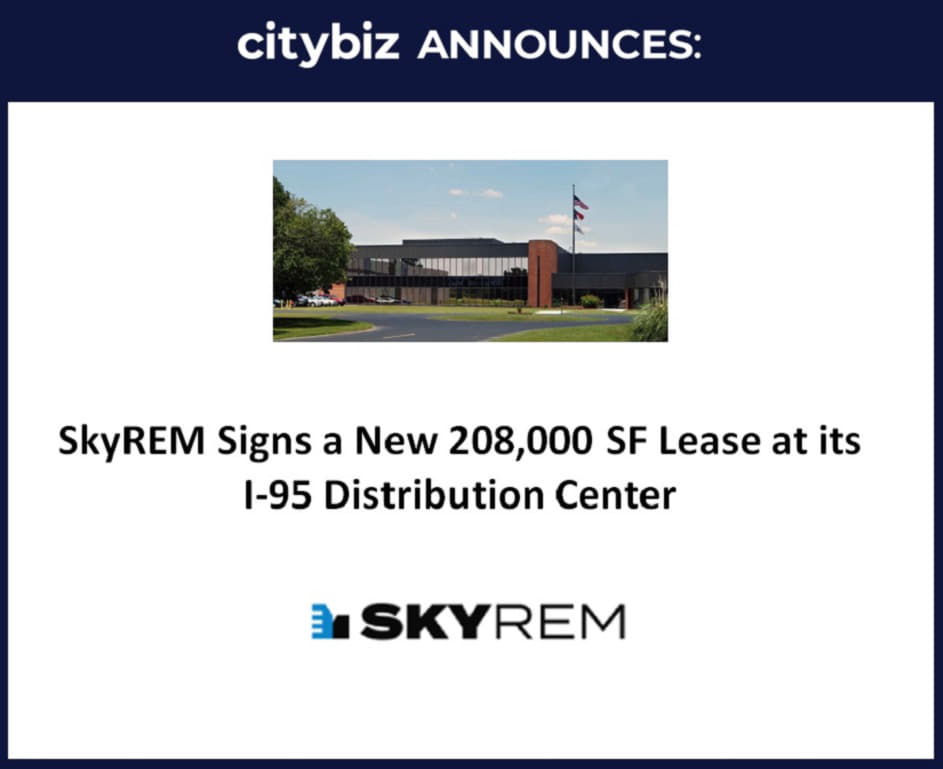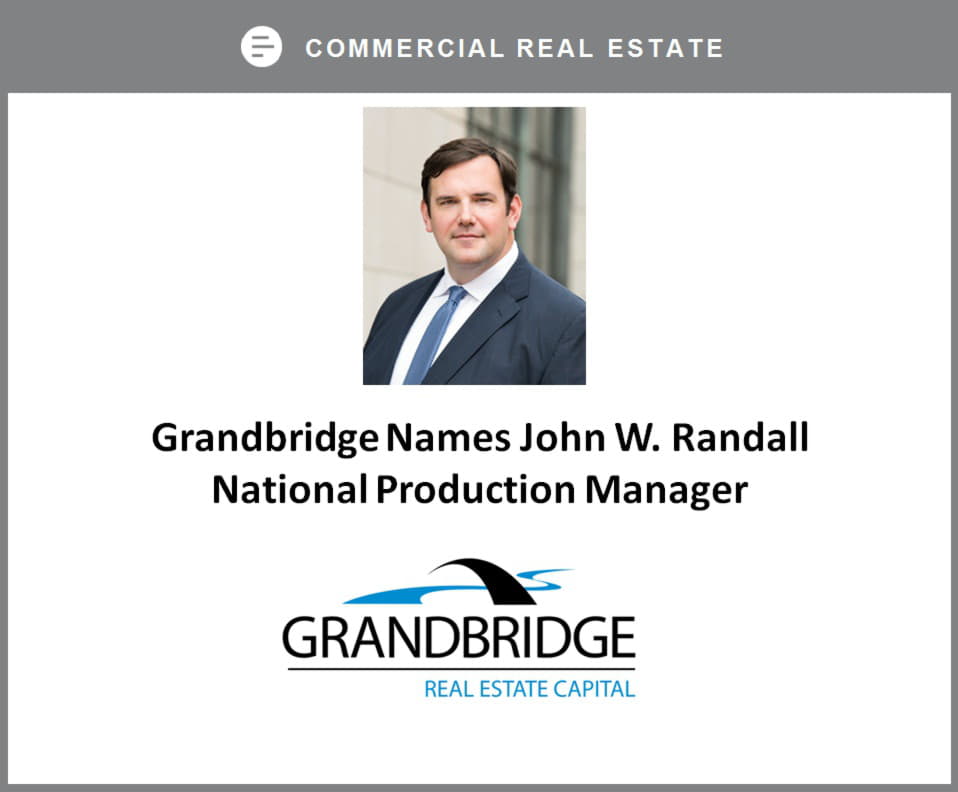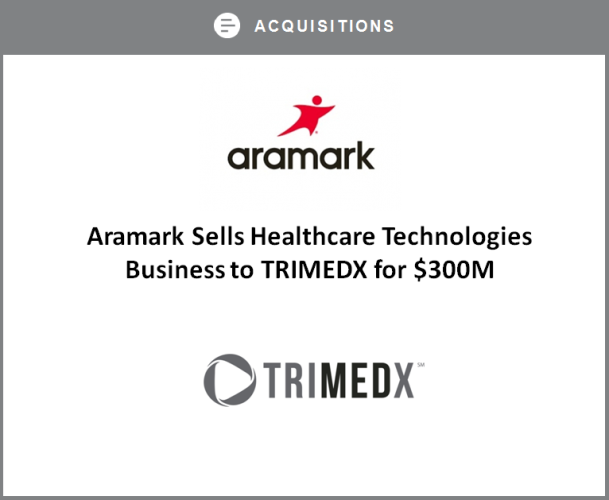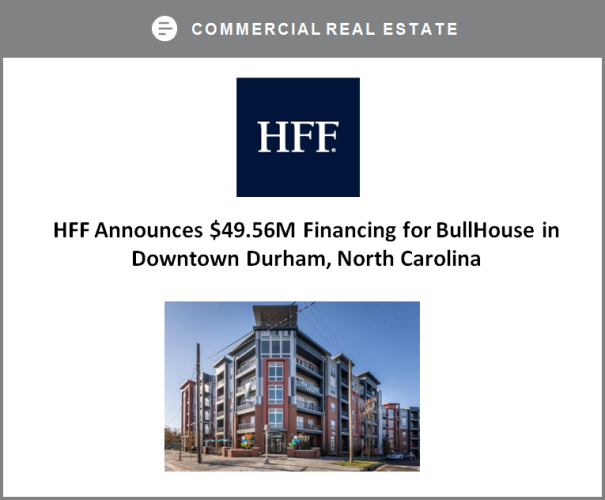It was bound to happen sooner or later: The beer industry may have reached the tipping point with craft brewery acquisitions that means such deals will no longer have the same payoff for the major brewing companies.
And that's not only because of slowing growth in the craft beer segment or the premium price tags small brewers have been able to command, but also the mounting resistance among serious beer consumers.
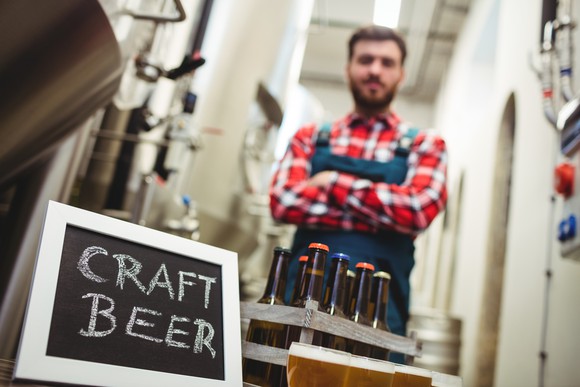
IMAGE SOURCE: GETTY IMAGES.
Do as I say, not as I do
As acquisition fever brought more and more craft beers under the massive umbrellas of Anheuser-Busch InBev (NYSE:BUD), MolsonCoors (NYSE:TAP), and other major companies, the rumbling of discontent grew louder from purists. They decried both the buyers and the craft brewers selling out, particularly those who previously said they'd never do such a thing.
For example, in a Feb. 2015 Denver Post article, Todd Usry of Breckenridge Brewery said, on the subject of craft brewers selling out to mass producers: "I think there is some serious authenticity that is lost, and that the brand loses." He went on to note that as his fellow small brewers allow themselves to be purchased, "It's going to be harder and harder to get our voices heard at the wholesale level." Ten months later, Anheuser-Busch acquired Breckenridge for an undisclosed sum.
The anger of craft beer drinkers seems to grow more palpable with each buyout. When Anheuser-Busch took over Wicked Weed Brewing earlier this year, the latter stressed that its beers would still be made in Asheville, N.C. by the same staff. They wanted to make sure people understood they'd still be getting the same beer they loved before, despite the new owners. But a slew of brewpubs dropped Wicked Weed beers from their taps. Many craft beers ended their participation in the festival the brand hosts, and other events rescinded their invitations to Wicked Weed.
Similarly, after Constellation Brand (NYSE:STZ) purchased Florida's Funky Buddha Brewery, they made sure to say the "team of employees will continue to work together", and the founders would still run the day-to-day operations with the same commitment to brewing great beer.
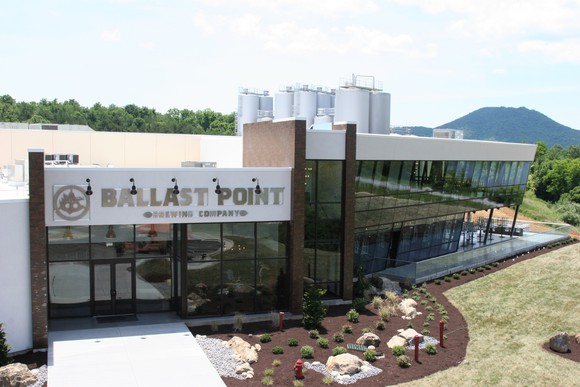
IMAGE SOURCE: BALLAST POINT BREWING
You can't be both small and national
Yet that only lasts so long. After Constellation dropped $1 billion on L.A.'s Ballast Point in 2015, the former built a massive new brewing facility in Virginia for its new brand. Even if commitments that a brew will remain true to its roots may be sincere at the outset, once a beer begins to expand its distribution nationally, it can't help but lose some of the "crafted" characteristics that consumers love. And at that point, it's really no longer craft beer.
Now, the chickens are coming home to roost. Anheuser-Busch just fired 380 employees from the high-end division that houses the craft breweries it acquired over the years -- some 90% of its sales force. The company told Forbes it was "rethinking the business model surrounding the High End" and would no longer focus on acquisitions.
That doesn't bode well for Japanese beer giant Sapporo, which just bought the original craft brewer, Anchor Brewing, for $85 million, or Constellation, which has had to write down the value of its Ballast Point acquisition as well.
Some survey results seem to indicate that consumers don't care who makes their beer, as 40% of respondents said it didn't matter if a Big Beer brand owned a formerly craft label. But that also indicates that 60% do think it matters, and with the craft beer trade group Brewers Association making it easier to identify which beers are truly independent with a new icon that its members can display on their labels, mass brewers may find their high-end beer sales sliding even further.
Something big just happenedI don't know about you, but I always pay attention when one of the best growth investors in the world gives me a stock tip. Motley Fool co-founder David Gardner (whose growth-stock newsletter was the best performing in the world as reported by The Wall Street Journal)* and his brother, Motley Fool CEO Tom Gardner, just revealed two brand new stock recommendations. Together, they've tripled the stock market's return over the last 13 years. And while timing isn't everything, the history of Tom and David's stock picks shows that it pays to get in early on their ideas.
Click here to be among the first people to hear about David and Tom's newest stock recommendations.

